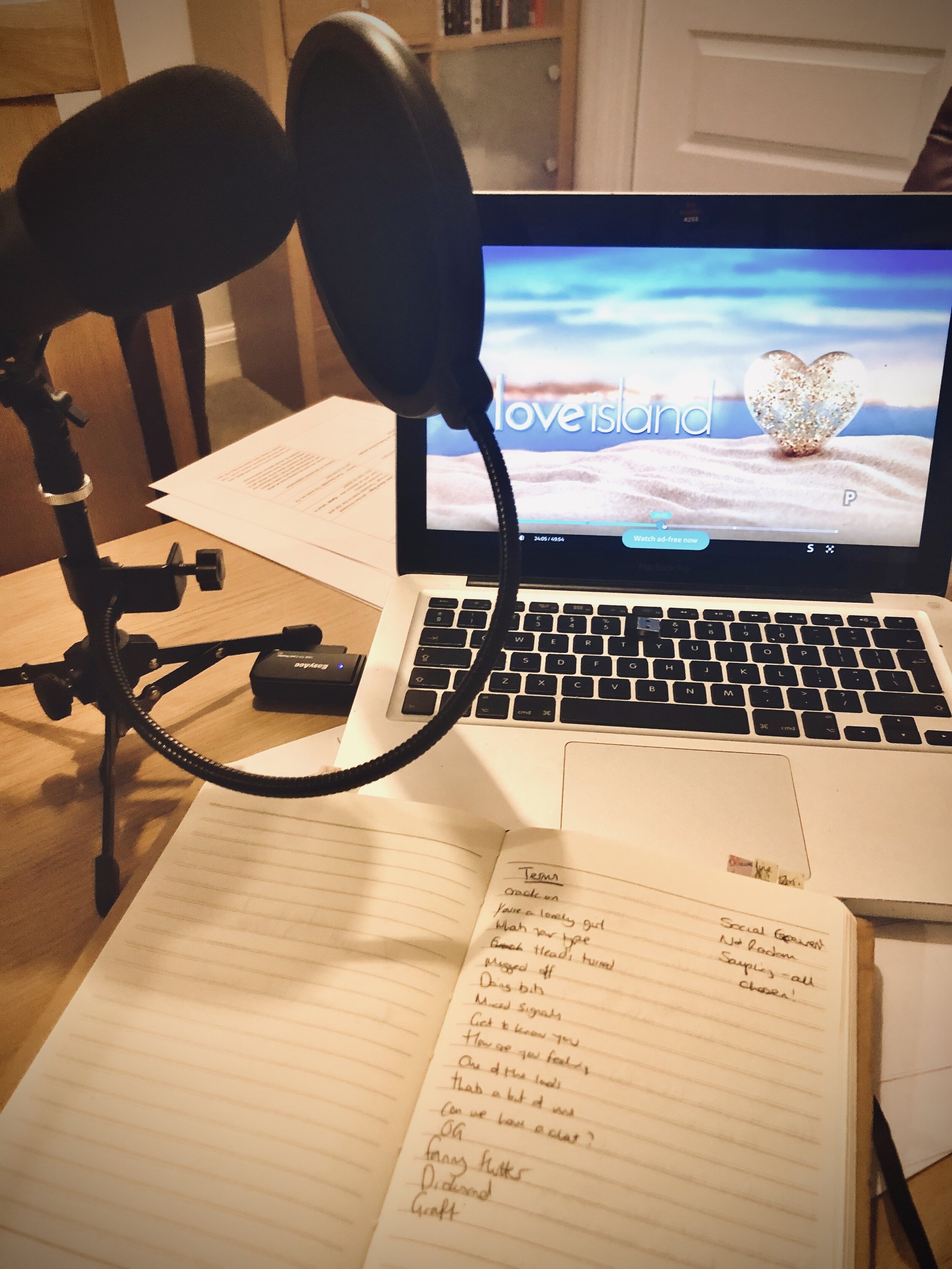Ep 4. Six-Pack Science: Love Island
Listen now
We've been mugged right off and watched the latest series of Love Island, all in the name of SCIENCE. Why do we fancy people? Can we learn anything from reality TV or is it just trash? And how can we win Love Island using Science?
We explore the science behind attraction and what physiological changes happen in our bodies when we meet someone who's our 'type on paper'. We're also joined on the episode by two experts in reality TV, Professor Annette Hill and Dr Brendan Rooney, who explain to us how to define reality TV and how it's evolved in recent decades, whether binge-watching reality TV shows can be a bad thing, and what indeed we might be LEARNING from Love Island, as we judge the islander's interesting decisions and questionable outfit choices.
Meet our guests
Annette Hill
Professor of Media and Communication at Lund University, Sweden, joins us to define ‘reality TV,’.
Image credit: Michael Rubsamen.
https://www.kom.lu.se/en/person/AnnetteHill
Brendan Rooney
Dr Brendan Rooney, Assistant Professor in the UCD School of Psychology and Director of the Media and Entertainment Psychology Lab at UCD, Ireland. Bren chats with us about the pros and cons of consuming reality TV and explores what we might be learning from Love Island, without even realising it.
@brenrooney | @ME_LabTweets | @me_lab_ucd | MELabPosts
Love Island blogs
Episode photo gallery
Episode references (if you fancy some extra reading)
Edwards, S. Love and the Brain. Available from: https://neuro.hms.harvard.edu/harvard-mahoney-neuroscience-institute/brain-newsletter/and-brain/love-and-brain
Frontier Economics (2018) The good, the bad and the muggy. How to win love island. Available from: https://www.frontier-economics.com/uk/en/news-and-articles/articles/article-i3441-the-good-the-bad-and-the-muggy/
Fisher, H. (1993) The biology of attraction. Psychology Today [online]. Available from: https://www.psychologytoday.com/us/articles/199304/the-biology-attraction
Giles, C. (2018) 'Love Island' is more lucrative option than Oxbridge. Financial Times [online]. 26 July. Available from: https://www.ft.com/content/17d9dd5c-90c3-11e8-bb8f-a6a2f7bca546
Shitrit, M.H. and Cohen, J. (2016). Why Do We Enjoy Reality Shows? Journal of Media Psychology. Available from: https://econtent.hogrefe.com/doi/abs/10.1027/1864-1105/a000186?journalCode=zmp
Shohat-Ophir, G., Kaun, K.R., Azanchi, R., Mohammed, H. and Heberlein, U. (2012). Sexual deprivation increases ethanol intake in Drosophila. Science, 335(6074), pp.1351-1355.
Porter, J. and Standing, K. (2020). Love Island and Relationship Education. Frontiers in Sociology, 4, p.79.
Wu, K. (2017) Love actually: The science behind lust, attraction and companionship. SITN blog [online]. 14 February. Available from: http://sitn.hms.harvard.edu/flash/2017/love-actually-science-behind-lust-attraction-companionship/



